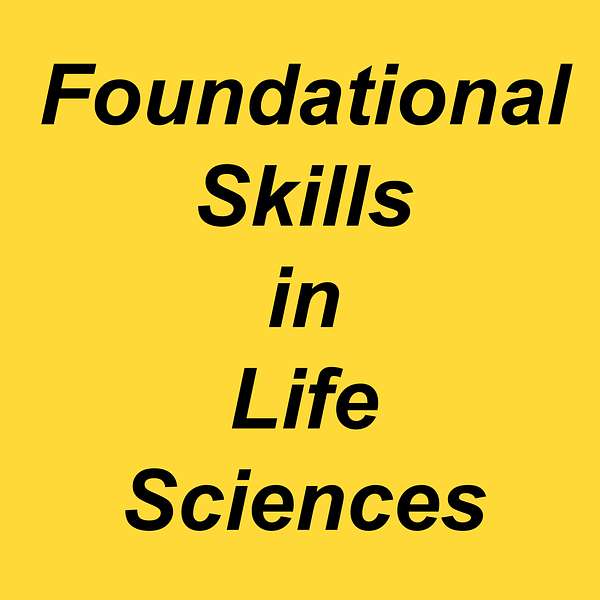
Foundational Skills in Life Sciences
Students and scholars in life sciences need to use many skills to survive and excel during scientific training, which involves listening, reading, writing, and speaking.
But I have seen many of them struggle in understanding and learning those skills.
I am a professor in the U.S., a tenured faculty member with MD, PhD degrees.
I will assist you through the skills, so that you will learn and improve successfully in your professional life.
Please visit my website for more information (https://synaptologica.com/), and send me emails with questions, comments or ideas (ideas@synaptologica.com).
Foundational Skills in Life Sciences
18. In-depth analysis of negative controls: using Nobel Laureates’ as example (mini-series: reading-11)
Today's focus: negative controls. In life-science experiments, negative controls play critical roles. In my view, they are more important than the positive controls! They form such a rich topic that we will spend at least a few episodes on discussing them. Today, we introduce basic aspects: 1) what the negative controls do in life-science experiments, 2) our practical definition by modifying the typical and ideal one, 3) how the negative control was used in our milestone graph (Fig. 3D of milestone article 1 by the Laureates of the Nobel Prize in Physiology or Medicine 2023), and 4) two critical assumptions for negative controls to work properly.
This is Part 11 of the reading mini-series "Let’s read a paper written by Nobel Prize Laureates, 2023."
(My email is active. But my website is under construction. Please wait for a while. Thank you for the patience!)